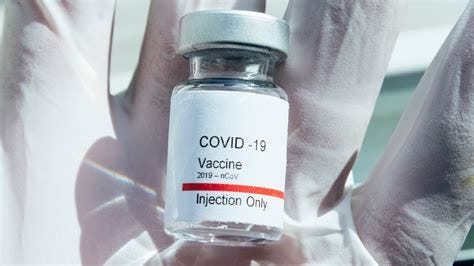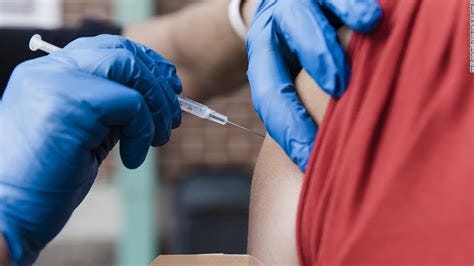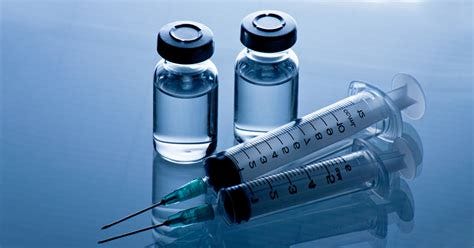Myocarditis & COVID-19
There have been concerns about the safety of the COVID-19 mRNA vaccines since their initial development. One of the most concerning side effects of these vaccines is myocarditis, which is inflammation of the heart muscle. Recent studies have suggested that the risk of myocarditis is significantly higher in people who have been vaccinated with COVID-19 mRNA vaccines compared to those who have not been vaccinated. In this essay, I will explore this topic in depth and discuss the implications of these findings.
First, it is important to understand what myocarditis is and why it is a cause for concern. Myocarditis is a condition in which the heart muscle becomes inflamed, typically as a result of a viral infection. The symptoms of myocarditis can vary widely and may include chest pain, shortness of breath, and fatigue. In severe cases, myocarditis can lead to heart failure and even death.
The COVID-19 mRNA vaccines have been associated with an increased risk of myocarditis, particularly in young men. One study published in the New England Journal of Medicine found that the incidence of myocarditis in male adolescents and young adults was 3.7 cases per 100,000 doses administered after the second dose of the Pfizer-BioNTech vaccine. This was significantly higher than the expected rate of myocarditis in this population, which is estimated to be between 0.1 and 0.2 cases per 100,000 people per year. Another study published in JAMA Cardiology found that the incidence of myocarditis in male adolescents and young adults was 2.7 cases per 100,000 doses administered after the second dose of the Moderna vaccine.
These findings have raised concerns about the safety of the COVID-19 mRNA vaccines, particularly for young men. Some experts have suggested that the risk of myocarditis may outweigh the benefits of vaccination in this population, although others have argued that the benefits of vaccination still outweigh the risks.
There are several possible explanations for why the COVID-19 mRNA vaccines may be associated with an increased risk of myocarditis. One possibility is that the vaccines themselves may trigger an inflammatory response in the heart muscle, although this has not been definitively proven. Another possibility is that the vaccines may increase the risk of myocarditis in people who are already predisposed to the condition due to underlying health conditions or genetic factors.
It is worth noting that the risk of myocarditis associated with the COVID-19 mRNA vaccines is still relatively low. Most people who receive these vaccines will not experience any serious side effects, and the risk of severe illness or death from COVID-19 is still much higher than the risk of myocarditis from the vaccines. However, the fact that the risk of myocarditis is significantly higher in people who have been vaccinated compared to those who have not been vaccinated is cause for concern.
So, what are the implications of these findings? One possibility is that public health officials may need to reconsider their recommendations for COVID-19 vaccination, particularly for young men. Some experts have suggested that the second dose of the Pfizer-BioNTech and Moderna vaccines could be delayed or skipped altogether in this population to reduce the risk of myocarditis. Others have suggested that alternative vaccines, such as the Johnson & Johnson vaccine, may be a safer option for young men.
Another implication of these findings is that more research is needed to understand the long-term effects of COVID-19 mRNA vaccines. While the short-term safety profile of these vaccines appears to be relatively good, there is still much that we do not know about the long-term risks and benefits of these vaccines. Further studies are needed to determine whether the increased risk of myocarditis is a short-term phenomenon or whether it persists over the long term.
In conclusion, the risk of myocarditis associated with COVID-19 mRNA vaccines is a cause for concern, particularly for young men.







